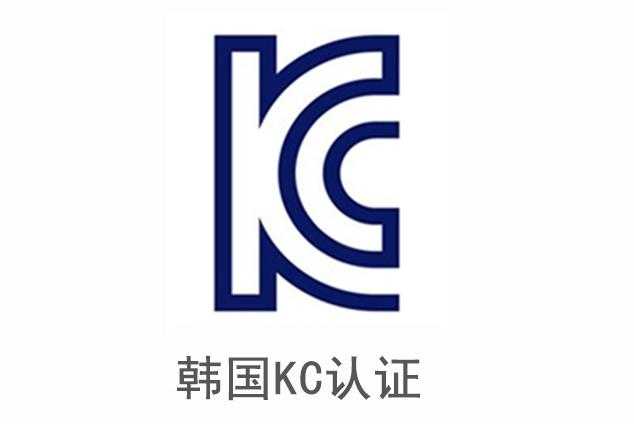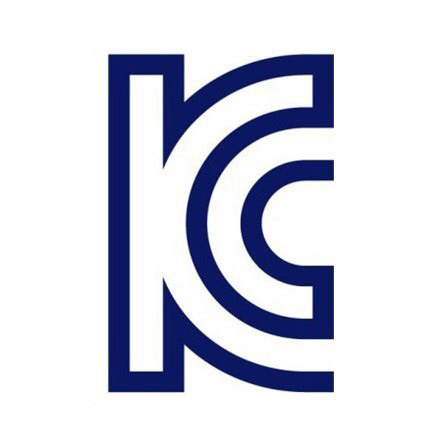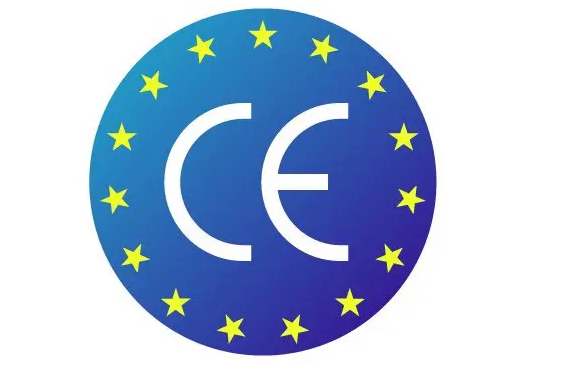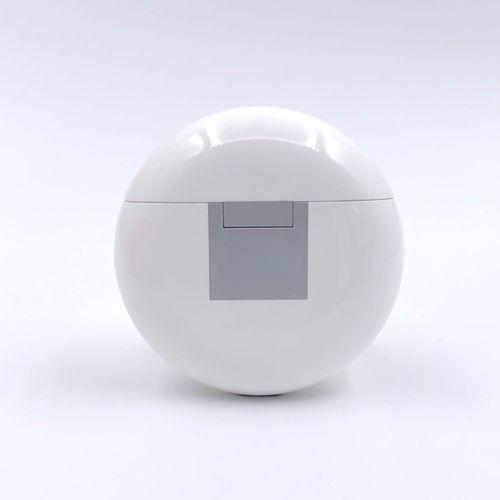In this era full of innovation and challenges, the development of battery technology is advancing rapidly, and cylindrical batteries play an important role in many fields with their unique advantages. However, how to ensure that these batteries provide long-lasting power while also ensuring user safety and environmental friendliness? This leads to the topic we are going to discuss today - KC certification.
What is KC certification?
KC certification, also known as Korea Certification, is a product certification system established by the South Korean government to ensure that products comply with national safety standards. It not only covers electronic products, but also energy storage devices such as cylindrical batteries, ensuring that these products meet certain standards in terms of safety, environmental protection, and energy efficiency.

The importance of KC certification
The importance of KC certification for cylindrical batteries is self-evident. It provides consumers with a clear safety guarantee to ensure the safety of batteries during design, production, and use. For manufacturers, KC certification is not only a recognition of their product quality, but also a necessary condition for their products to enter the Korean market. KC certification also helps to enhance the international competitiveness of products and enhance consumer trust in the brand.
The process of KC certification
The process of KC certification, although strict, is clear and mainly includes the following steps:
Product testing: Manufacturers need to conduct a series of safety tests on their products to ensure that they comply with KC certified safety standards.
Document review: After passing the test, the manufacturer needs to submit relevant technical documents and product descriptions for review by the certification body.
On site audit: Certification bodies may conduct on-site audits of the manufacturer's production facilities to ensure compliance with the production process.
Obtaining certification: After passing all the above steps, the product will receive the KC certification mark and can be sold in the Korean market.
The advantages of KC certification
Cylindrical batteries certified by KC undoubtedly have multiple advantages:
Market access: KC certification is the key to entering the Korean market. Without it, products cannot be sold on this land.
Consumer trust: The certification mark itself is a symbol of trust, which helps consumers establish confidence in the product.
Brand enhancement: Through KC certification, the brand image can be enhanced and the brand's competitiveness in the market can be enhanced.
Regulatory compliance: KC certification ensures that products comply with South Korean regulatory requirements and avoids legal sanctions for violations.

The value of KC certification. It is not only a simple label, but also a manifestation of responsibility and commitment. For manufacturers of cylindrical batteries, the pursuit of KC certification is a process of continuously improving product quality and ensuring consumer safety. For consumers, choosing batteries with KC certification is a reassuring and secure choice.
With the continuous progress of technology, battery technology is also constantly developing. KC certification, as an important means of ensuring battery safety, will become increasingly prominent in its status and role. Let's hope together that in the future, more high-quality battery products can bring more convenience and safety to our lives under the protection of KC certification.
In this new era full of opportunities and challenges, KC certification is safeguarding the safe use of cylindrical batteries in its unique way. It not only provides manufacturers with a platform to showcase product quality, but also brings consumers more choices and trust. With the increasing global emphasis on new energy and environmental protection, KC certification will undoubtedly become an important force in promoting the healthy development of the battery industry. Let's work together with KC certification to create a safer, more environmentally friendly, and more efficient energy future.












